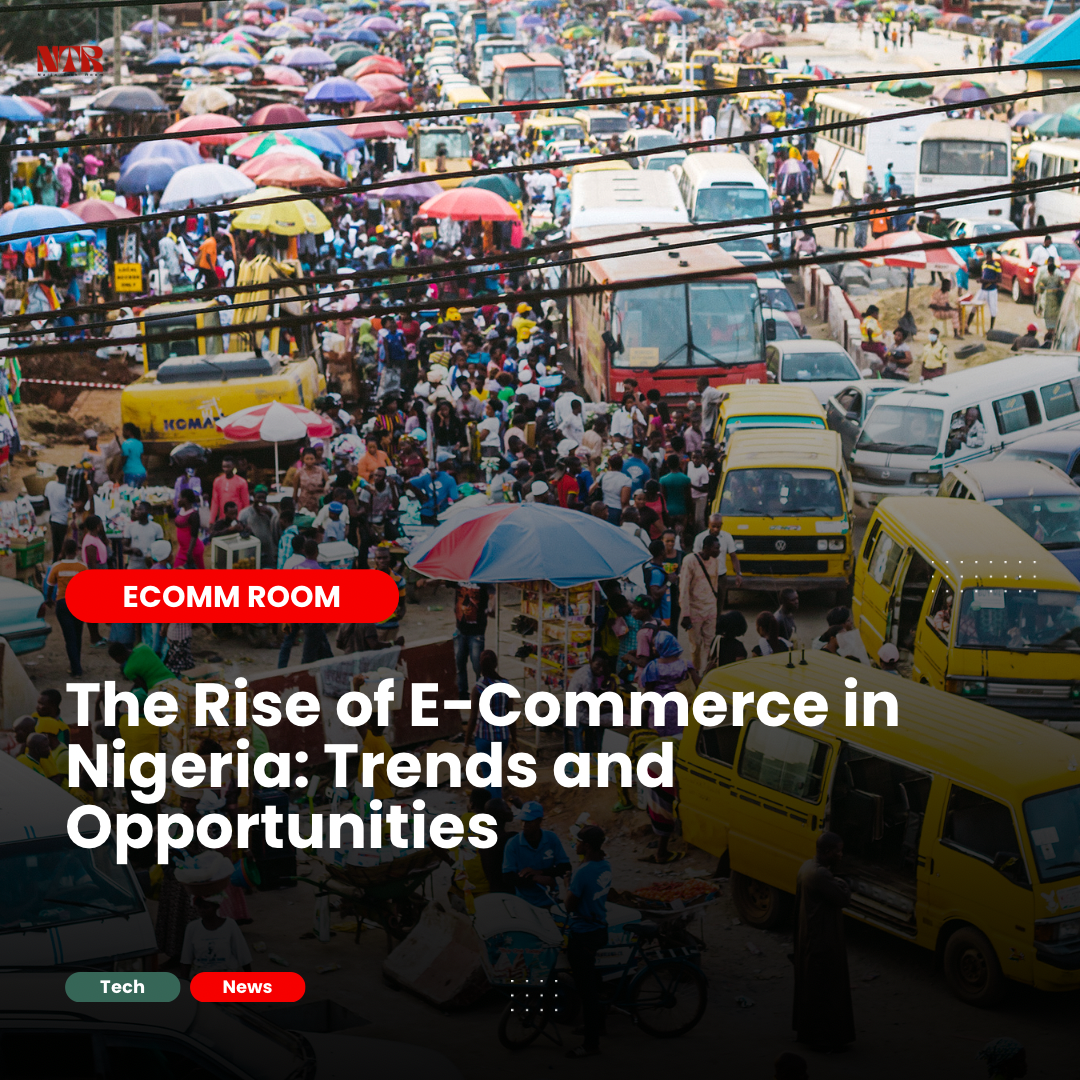In Nigeria, e-commerce has attained significant success in the past few years considering
the blazing trails of industry pioneers and the increasingly palatable field created by the
upsurge of businesses requiring this innovative service. A combination of factors such as
increasing internet penetration, a budding youthful population, and a growing middle class
have been the driving force for the prosperity of e-commerce in Africa’s largest economy.
Leading the obviously growing diversion in consumer behaviour, this industry has proceeded
to fashion boundless opportunities for entrepreneurs and businesses of all scale within
Nigeria.
Here are some key trends and opportunities in the Nigerian e-commerce landscape:
- Aggressive Internet and Smartphone Penetration:
With more than 122m internet users and a forecast of nearly 60% growth in the shipments of
new smartphones, Nigeria is undoubtedly the largest market for tech penetration in all of
Africa. Ofcourse, it makes it easier for people to access online shopping platforms and
engage in productive business activities. - Budding Youth Population:
Nigeria has more than 150m youth making it one of the youngest populations globally. The
impact of this is the widening acceptance and use of digital technologies and online
shopping as is most profoundly imminent amongst young people world over. - Payment Solutions:
Everyday, financial technology startups are innovating solutions that continue to simplify
payments digitally thereby bringing impressive convenience and security to online
transactions on both sides. E-commerce businesses now have multiple payment options that
can be integrated to their platforms to cater to the diverse needs of Nigerian consumers. - E-Commerce Marketplaces:
Online marketplaces like Jumia, Konga, Jiji and PayPorte have gained prominence and
serve as platforms for various sellers to reach a vast array of consumers. Jumia alone
peaked at about 15 million visitors in November 2022. Many businesses are continuously
saddled with options to consider for the sale of their products on these platforms, and
moreso, creating their own e-commerce websites. - Logistics and Delivery Services:
Despite the infrastructure deficits in Nigeria, many logi-tech startups have emerged with
incredible supply chain solutions to ease the delivery of goods to consumers, especially last
mile deliveries. Many have gone beyond offering dispatch/courier deliveries to showcasing
their capabilities in solving problems of visibility, optimization and warehousing through the
use of technology. - Cross-Border E-Commerce:
It becomes more apparent that with more governments ratifying the Acfta agreement, cross
border business amongst African countries will continue to gain the much needed ease
thereby enabling players to transact without the current debilitating challenges. This
opportunity puts the Nigerian e-commerce sector at an advantage to expand their reach
particularly with neighbouring African countries. The impact is far reaching on the economy
as it allows for exporting Nigerian products to a broader market. - E-Grocery Shopping:
Many consumers on e-commerce platforms have come to enjoy the comfort of online
shopping without limitation to the category of products to purchase. Right after the 2020
pandemic, many more e-commerce startups with specific focus on the sale of groceries and
essential items have emerged and are thriving in Nigeria. - Digital Marketing:
Effective digital marketing strategies and customer engagement tools are essential for
e-commerce success. Businesses can harness social media, influencer marketing, and
personalised customer experiences. - Regulatory Laws: E-commerce businesses must be sensitive about the regulatory and
compliance requirements of their industry. There are tax policies, data protection laws and
other salient legal and ethical regulations.
To sum up, the burgeoning e-commerce sector in Nigeria offers a wealth of prospects for
entrepreneurs and businesses eager to invest in this expanding market. Nonetheless, it
remains imperative to tailor offerings to local preferences, surmount logistical hurdles, and
remain vigilant in adapting to evolving trends to flourish within the Nigerian e-commerce
arena.
























